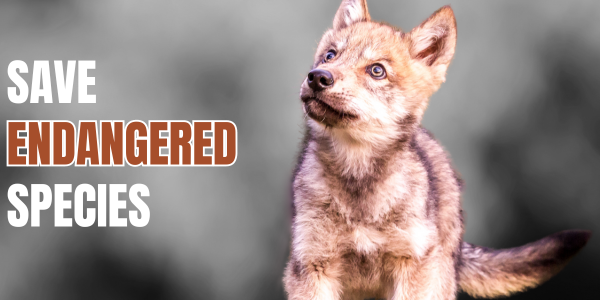Western burrowing owl (Athene cunicularia hypugaea) | ESA status: none
Western burrowing owl
Western burrowing owl habitat
Western burrowing owl migratory range stretches from Canada to Mexico and from the West Coast of the United States to the central Great Plains. They depend on colonial burrowing rodents like prairie dogs: their nests are most often found in black-tailed prairie dog towns. Successful nesting is more likely when there are more active burrows around the nest site. The owls move their young to a new burrow at 10 to 14 days, presumably to avoid predation or nest parasites. Black-tailed prairie dog colonies are one of the few habitats with enough burrows to provide these “satellite” nests.
What are the threats to the Western burrowing owl?
The loss of large swaths of prairie dog towns has reduced available burrow habitat for burrowing owls in much of the Great Plains. Though burrowing owls occupy the majority of their historical range and may be stable or increasing in some areas, in other areas their populations have shrunken and fragmented as both grasslands and prairie dogs declined. The owls are facing significant population declines in the northern, western, and eastern edges of their range. Along with impacts on wintering grounds, a primary cause is the loss of burrowing rodents. Burrowing owls favor active prairie dog colonies for nesting sites, and have moderate to high site fidelity, returning to the same prairie dog colonies or nesting burrows year after year. Without maintenance engineers like prairie dogs, burrow habitat becomes unusable for the owls in one to three years. Maintenance of large, active prairie dog colonies is therefore important to burrowing owl reproductive success.
What WildEarth Guardians is doing to preserve the Western burrowing owl
Guardians is working to preserve prairie dogs and their associates across the West. We are currently working to create local management plans that reduce or eliminate lethal control of these important species.
